My husband and I first bonded over science-fiction and fantasy. He learned on our first date that I was a Star Wars fan and gave me a Millennium Falcon replica on our second. He had me at “I know.” We still watch sci-fi and fantasy movies and binge TV shows together. From the MCU to the DCU. From Game of Thrones to The Mandalorian to The Umbrella Academy. We always watch together. It is the way.
In the past year our TV choices have gotten significantly … Blacker. We’re an interracial couple — I’m Black and my husband is white. We’re watching more shows focused on African Americans and their experiences. Watchmen. Snowpiercer. And our latest obsession, Lovecraft Country. It’s been interesting.
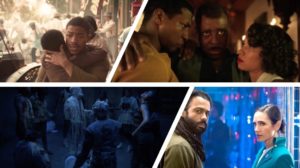
My husband and I have been together for almost 20 years. He’s not a stranger to racism, or in denial about it. I had my family to fill in the blank spots for me, but even when people do know their history they don’t want to talk about how painful it was. These new shows — Watchmen and Lovecraft Country, especially — have been an education for both us. Watchmen’s depiction of the 1921 Tulsa Massacre was so vicious that I was certain it was made up, because I’d never heard of it. It wasn’t.
For the most part, Americans don’t know their history. It’s not just a matter of acknowledging it, they don’t know it. Here is what we are taught about race and the civil rights movement: Slavery was so bad there was a whole war to end it. Segregation only happened in the South, along with racist cops and cross burnings. But that all stopped because of Martin Luther King Jr. in the 1960s. That’s the gist of it.
Sci-fi and fantasy stories have always been used to talk about current and universal conflicts and questions in a safe, non-threatening way. Might and Right. Good and Evil. Racism and Equality. But this trend of putting these stories in solid historical context seems new, and no longer “safe.”
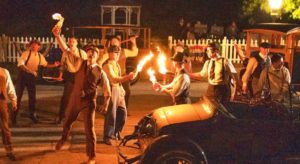
Lovecraft Country is set in Chicago in 1955. Like the main character Tic, my mother grew up on the South Side, the Black neighborhood. In 1954, she would have been the same age as Tic’s cousin Dee, and Dee’s friend Emmett Till.
Emmet was a real boy from Chicago who was murdered by a lynch mob in Mississippi that year. Monsters and magic aside, the portrayal of Black life was accurate, if not pretty.
My husband was surprised by everything but the police brutality. “There were sundown towns in Massachusetts?” Yes. “Black people can’t eat in that restaurant in Chicago?” Nope. “This was horrible, how did they live like this?” No choice.
It may feel like theatrical exaggeration, but it wasn’t. This all really happened, I assured him. The only difference is, as Tic’s uncle George says, the Wizards of the KKK are actual Wizards.
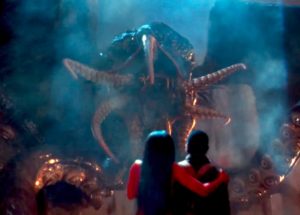
All the other fantasy elements in Lovecraft Country are metaphors for racism, too. The Shoggoth monsters represent the indiscriminate violence Black people can face at any time. Sorcery is a stand-in for the white privilege that takes what it wants, no matter what damage it causes.
Even Tic’s biological curse is a metaphor. In the finale, Tic and his family use knowledge and strength, passed down through generations, to defeat the evil forces threatening to destroy their lives. Sounds familiar. In the end, the loss is great, but so is the victory. Unfortunately, it’s not a victory that can be replicated in real life.
We do not know our own history. We know what we’ve been shown and we know what we’ve been taught. Shows like Lovecraft Country are important because of what they teach us about ourselves, where we’ve been, where we are now, and how far we still have to go. If we don’t understand our history, we could be doomed to repeat it.


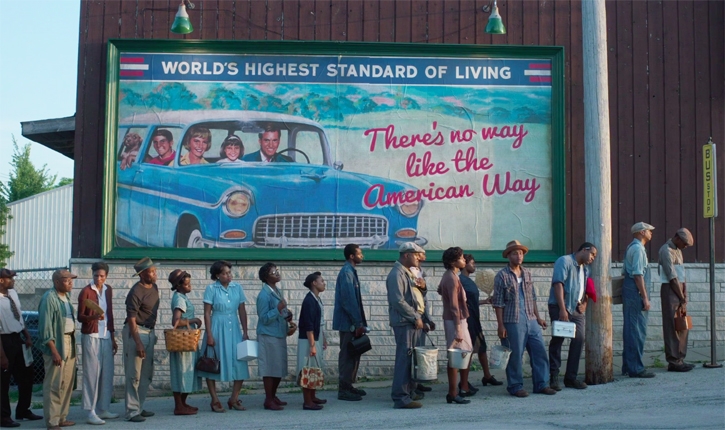
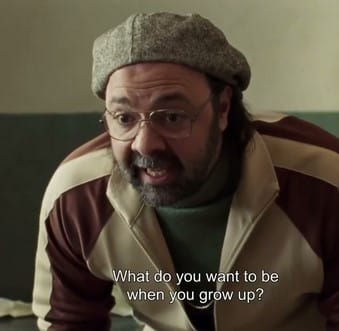

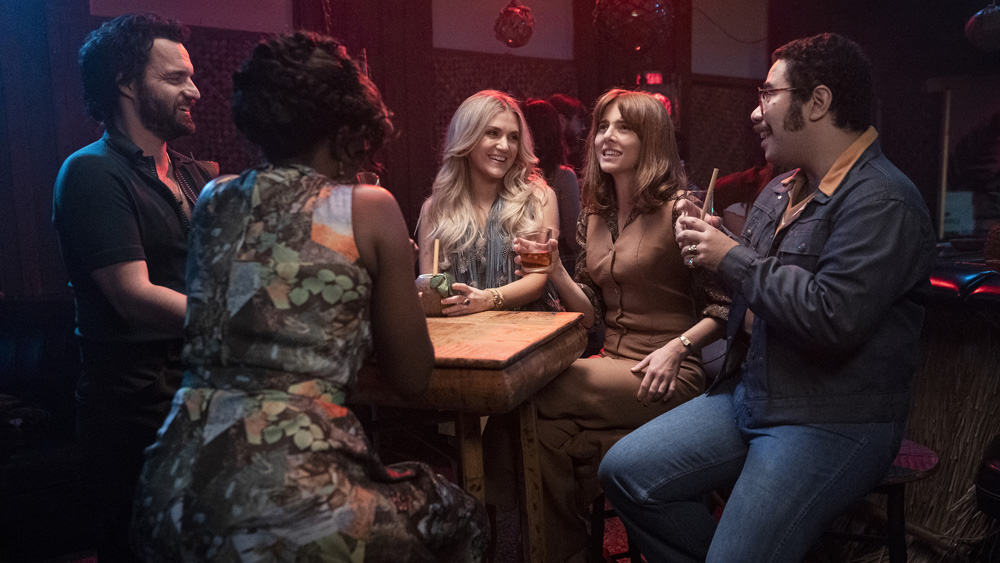
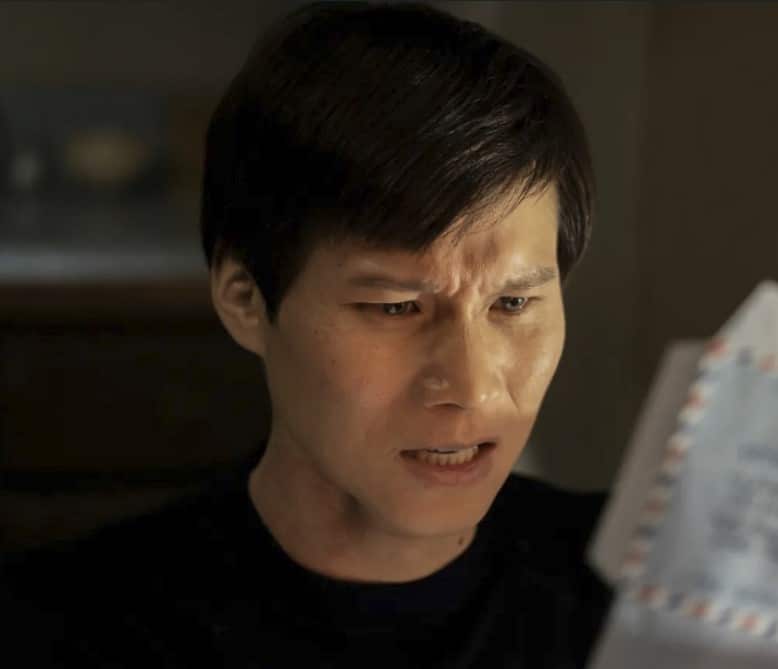
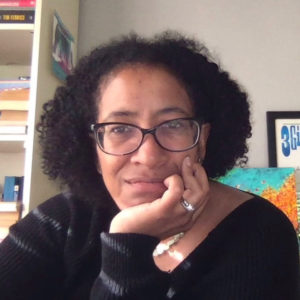

Start a watercooler conversation: